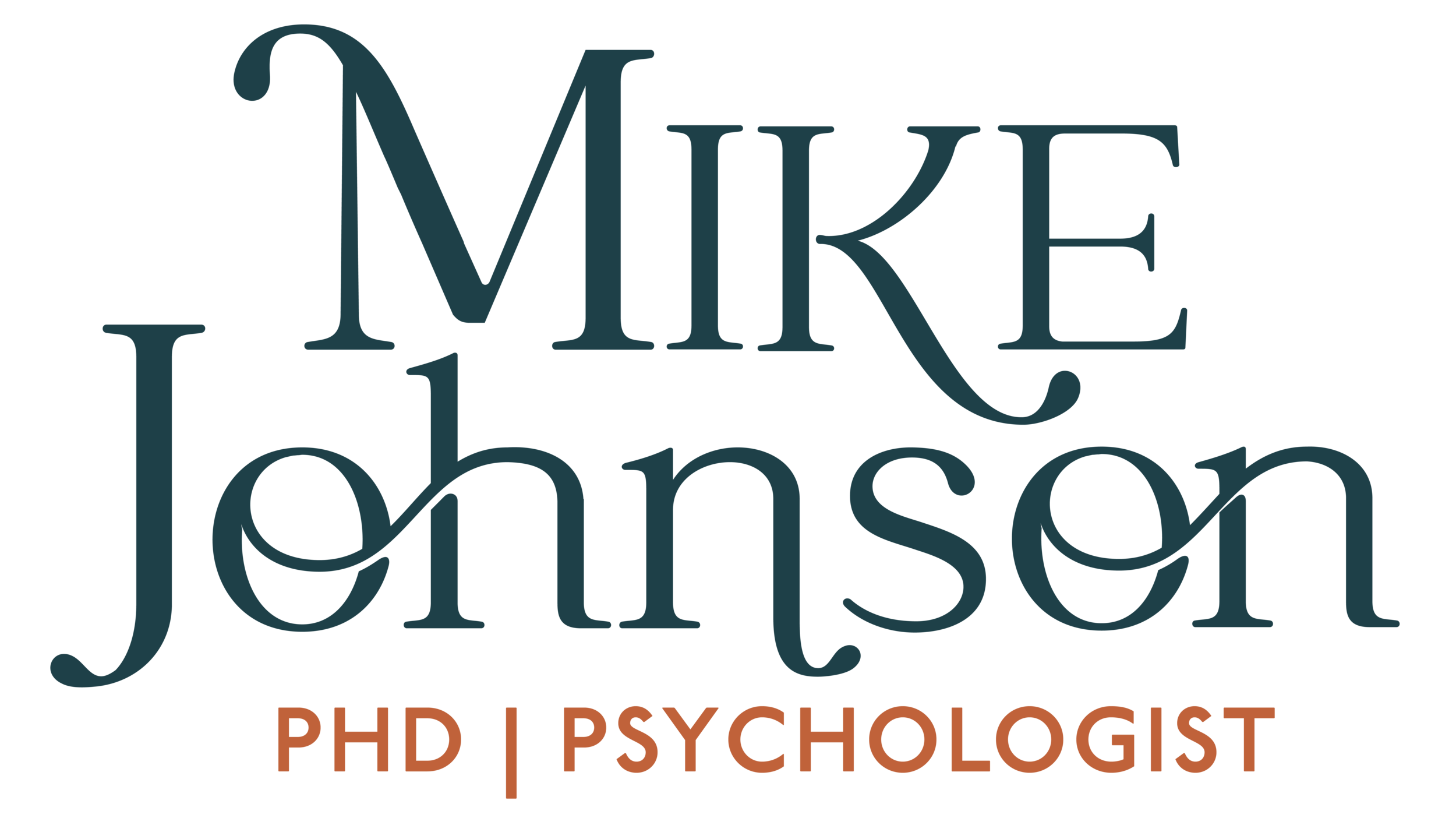What Is Self-Determination?
Read on to learn about what self-determination is and how to develop it.
Why do you do the things you do? Why did you brush your teeth this morning, go to work, or click on this article? And is it possible to change the way you behave?
As we will learn below, motivation underlies all of our behavior. Self-determination theory is a widely recognized framework for understanding motivation and the impact that different types of motivation can have on different aspects of well-being. Read on to learn the fundamental principles of self-determination theory and how to live a more self-determined life.
What is Self-Determination?
The psychologists who developed self-determination theory defined self-determination as follows: “Self‐determination means acting with a sense of choice, volition, and commitment, and it is based on intrinsic motivation and integrated extrinsic motivation” (Deci & Ryan, 2010).
Psychologists Edward Deci and Richard Ryan first presented Self Determination Theory (referred to as SDT for short) in their 1985 book, Intrinsic Motivation and Self-Determination in Human Behavior. They suggest that there are four different types of behavior regulation or motivation, two of which are autonomous and two of which are controlled. In this theory, autonomous regulation is the basis for self-determination (Deci & Ryan, 2010).
Autonomous motivation or regulation refers to acting out of a sense of willingness, volition, and choice (Deci, 2017).
Controlled motivation or regulation refers to acting out of a sense of pressure, demand, or obligation (Deci, 2017).
Self-Determination Examples
Here are some examples of self-determined behaviors:
A child playing with toys for enjoyment
Exercising because you value the health benefits
Quitting smoking because you value living a longer life with your children
A child completing their chores because they understand the value of responsibility
Creating art for the inherent joy of it
Choosing a career path with a complete sense of willingness
Principles of Self-Determination
Self-determination theory states that humans have three psychological needs for optimal well-being and performance: relatedness, competence, and autonomy. When someone feels related to others, competent, and like they are acting with a sense of volition, they will be autonomously motivated or self-determined (Deci, 2017; Deci & Ryan, 2012).
Relatedness refers to the need to be cared for and caring for others.
Competence refers to the need to feel effective in one’s behavior.
Autonomy refers to the need to feel that one is acting out of a sense of volition and self-endorsement (Vansteenkiste & Ryan, 2013).
The research suggests that to foster self-determination in oneself or others, it is important to create a supportive environment that satisfies all three of the above needs (Deci & Ryan, 2012).
How Self-Determination May Affect Well-Being
So why do these different types of motivation or regulation matter? If you end up with the same behaviors, then does it make a difference what is motivating them? Well, your own experience might tell you that the type of motivation you have can influence how you feel while you engage in a behavior.
Research surrounding Self Determination Theory has found that autonomous regulation is linked with greater overall well-being. “Those behaviors that are more self‐determined and less controlled are associated with a stronger sense of personal commitment, greater persistence, more positive feelings, higher quality performance, and better mental health” (Deci & Ryan, 2000). Studies have found that autonomous motivation is also associated with greater creativity and improved problem-solving (Deci, 2012).
With this in mind, it is likely helpful to learn how to increase the amount of autonomous regulation in your life. To do this, you can work on creating a supportive environment for yourself based on the above principles of relatedness, competence, and autonomy.
References
Deci, E. L. (2012, August). Promoting Motivation, Health, and Excellence: Ed Deci at TEDxFlourCity. TED Conferences.
Deci, E. L. (2017, October). Edward Deci - Self-Determination Theory. The Brainwaves Video Anthology
Deci, E. L., Ryan, R. M. (1985). Intrinsic Motivation and Self-Determination in Human Behavior. United States: Springer US.
Deci, E. L., & Ryan, R. M. (2000). The “what" and" why" of goal pursuits: Human needs and the self-determination of behavior. Psychological Inquiry, 11(4), 227-268.
Deci, E. L., & Ryan, R. M. (2010). Self‐determination. The Corsini Encyclopedia of Psychology, 1-2.
Deci, E. L., & Ryan, R. M. (2012). Self-determination theory. In P. A. Van Lange, A. W. Kruglanski, & E. T. Higgins Handbook of Theories of Social Psychology: Volume 1 (Vol. 1, pp. 416-437). SAGE Publications Ltd, https://www.doi.org/10.4135/9781446249215.n21
Vansteenkiste, M., & Ryan, R. M. (2013). On psychological growth and vulnerability: Basic psychological need satisfaction and need frustration as a unifying principle. Journal of Psychotherapy Integration, 23(3), 263.

